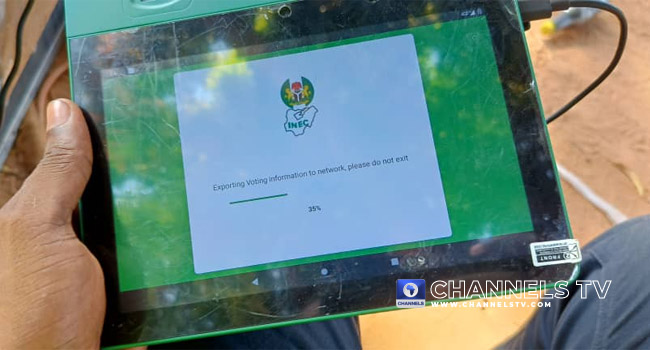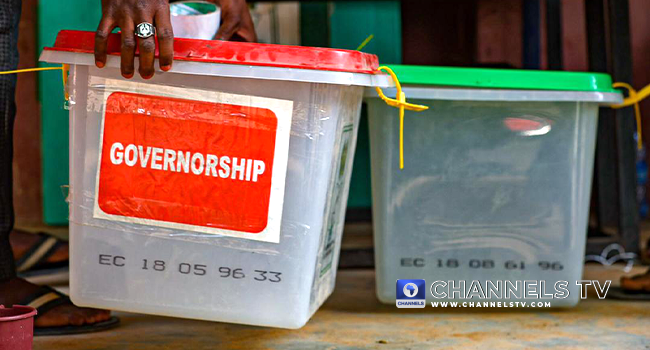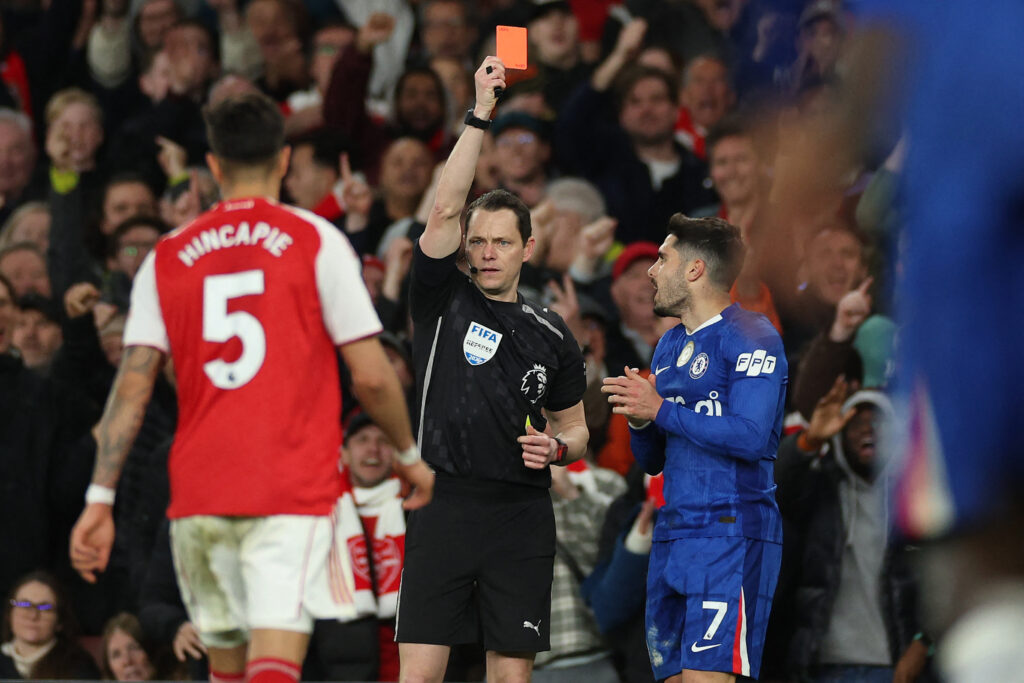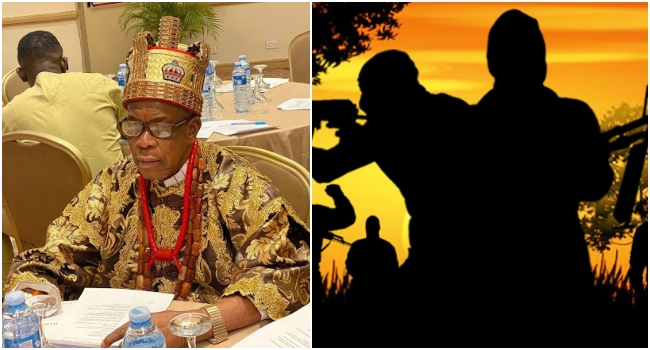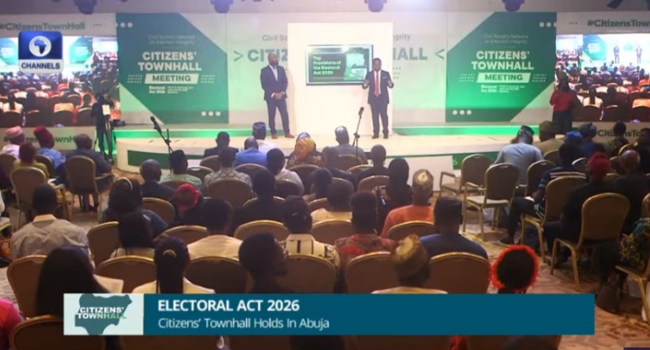The Chairman of the Independent National Electoral Commission (INEC), Joash Amupitan, has assured Nigerians that the commission is taking concrete steps to prevent any disruption in the electronic transmission of results during the 2027 general elections.
Amupitan, who spoke on Sunday at the Citizens’ Townhall on the Electoral Act 2026 in Abuja, said the commission is determined to eliminate the technical issues that affected the 2023 presidential election.
Addressing concerns about past failures, the INEC chairman expressed confidence that the commission’s improved preparations and testing would ensure seamless transmission.
“The glitch is eliminated; by God’s grace, it will not surface in Nigeria,” he said, noting that apart from delays experienced during some previous elections, the commission did not record outright transmission failure in other polls.
He explained that the legal provisions allowing alternative collation methods are merely safeguards and not an indication that the commission expects electronic transmission to fail.
“It is just a proviso, a safety. If it fails, results must still be transmitted. But our determination is that it will not fail,” the INEC boss said.
Technology Testing, 2023 Lessons
Amupitan acknowledged that while the Bimodal Voter Accreditation System (BVAS) was tested in off-cycle governorship elections before 2023, the nationwide scale of the presidential poll exposed gaps in stress-testing across states.
“Election anywhere in the world is now about technology, but before deploying any technology, it is important to test it thoroughly,” he said.
According to him, INEC plans to conduct a nationwide mock presidential exercise ahead of the 2027 vote to ensure the result-transmission infrastructure can handle the scale of a national election.
The INEC chairman emphasised that while the commission is striving for major improvements, perfection remains difficult to achieve.
He noted that successful elections depend heavily on logistics and infrastructure readiness, stressing that network availability, not the concept of electronic transmission itself, remains the main operational challenge.
Despite this, he said Nigerians should expect significant progress.
“We will try to give Nigerians a near-perfect election,” Amupitan stated, adding that credible elections remain “the lifeblood of democracy”.
2023 Election, Act Amendment
Debate over electronic transmission stems largely from the 2023 presidential election, when INEC failed to upload polling-unit results to its Result Viewing Portal (IReV) in real time, citing technical issues with the BVAS system.
The delays sparked widespread allegations of manipulation and multiple legal challenges, which were ultimately dismissed by the Supreme Court of Nigeria.
The 2023 presidential election results were officially declared by INEC on March 1, 2023. President Bola Tinubu of the APC was declared the winner, with Atiku Abubakar of the PDP coming second and Peter Obi of the Labour Party emerging third.
Subsequent amendments to the Electoral Act signed by President Tinubu in 2026 introduced a hybrid framework that allows electronic transmission while retaining manual result sheets as the legal basis for collation if technical issues arise.
However, the changes have generated criticism from civil society organisations, including Yiaga Africa, and political figures such as Peter Obi, who argue that removing strict real-time transmission requirements could weaken transparency.
